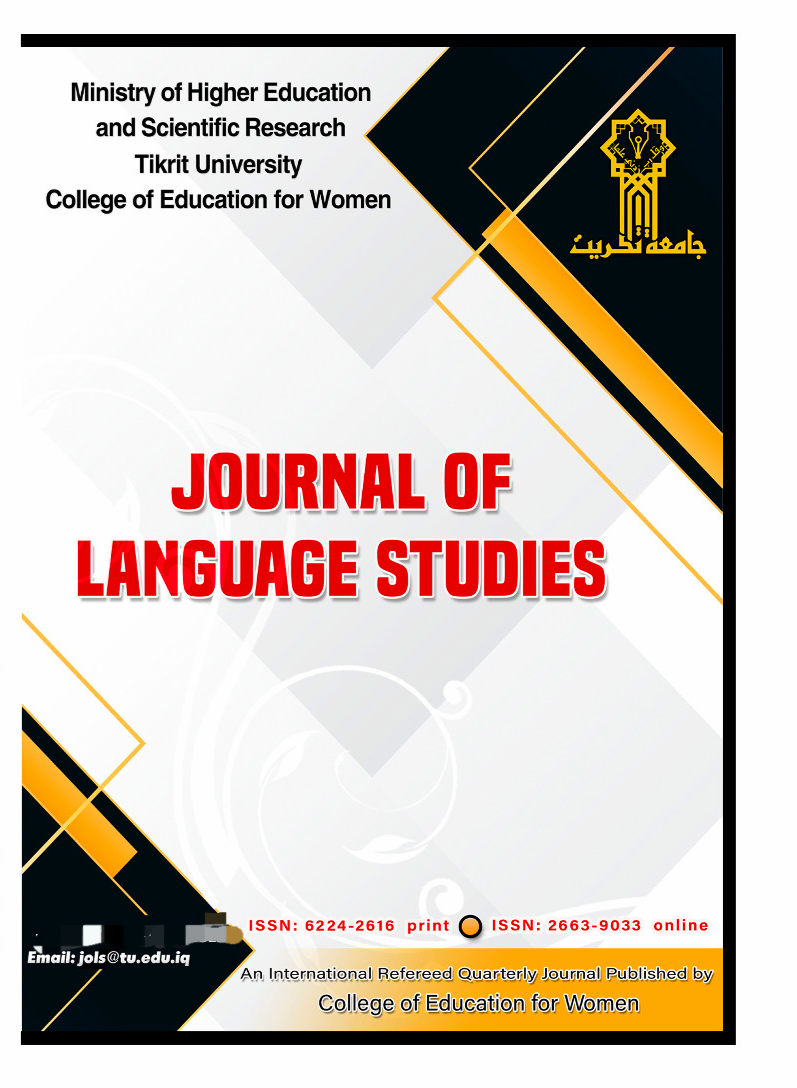Abstract
Postmodernism is considered a break with 19th-century realism and before that, the project of Enlightenment dealt with the issue of transformation of outer phenomenal reality to an internal consciousness of the human mind. As a result, the using postmodernism subconsciously reveals and manifests their inner consciousness through what they do. It rejects the concept of absolute reality. Mostly, postmodernist writers support the premise that ‘irrational is real’. Samuel Beckett’s Waiting for Godot (1948) is considered to be the leading playwright amongst many others. This play derives its inspiration from European existentialism which was one of the foremost philosophical schools within continental tradition. In Waiting for Godot, there are no pre-determined rules or any unity in time, place or action. The ending of it can be interpreted in many different ways. The author of this paper has tried to put the play in the European context and highlighted the features which are considered to be the hallmark of postmodernism
Abstract
تعتبر ما بعد الحداثة منفصلة عن واقعية القرن التاسع عشر وقبل ذلك يتعامل مفهوم التنوير مع قضية تحويل واقع الظاهرة الخارجية إلى وعي داخلي للعقل البشري. ونتيجة لذلك ، فإن استخدام ما بعد الحداثة يكشف عن وعيهم الداخلي ويكشف عنه من خلال ما يفعلونه ويرفضون مفهوم الواقعية المطلقة. تعتبر رائدة بين الكتاب الآخرين. تستمد هذه المسرحية إلهامها من الوجودية الأوروبية ، التي كانت واحدة من أولى المدارس الفلسفية في التقليد القاري ، وفي انتظار جودو ، لا توجد قواعد محددة مسبقًا أو أي وحدة في الزمان أو المكان حيث يمكن تفسير الفعل ونهايته. بطرق مختلفة والكاتب هنا يحاول وضع المسرحية في السياق الأوروبي ويسلط الضوء على السمات التي تغير السمة المميزة لما بعد الحداثة.
